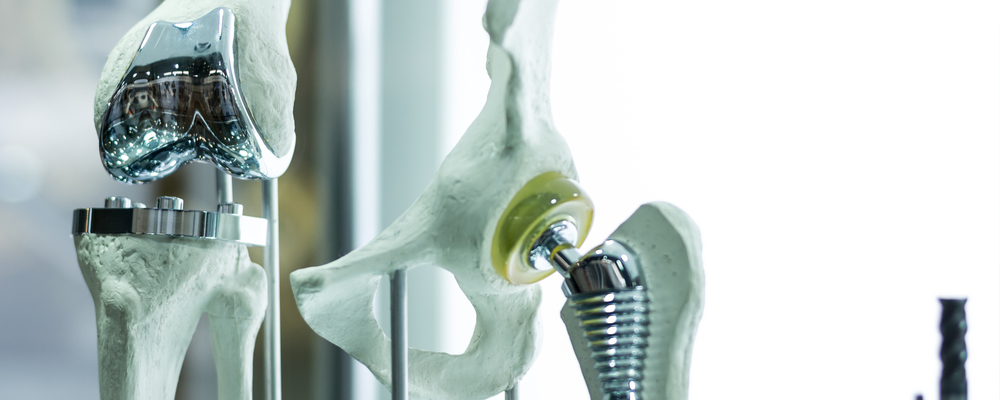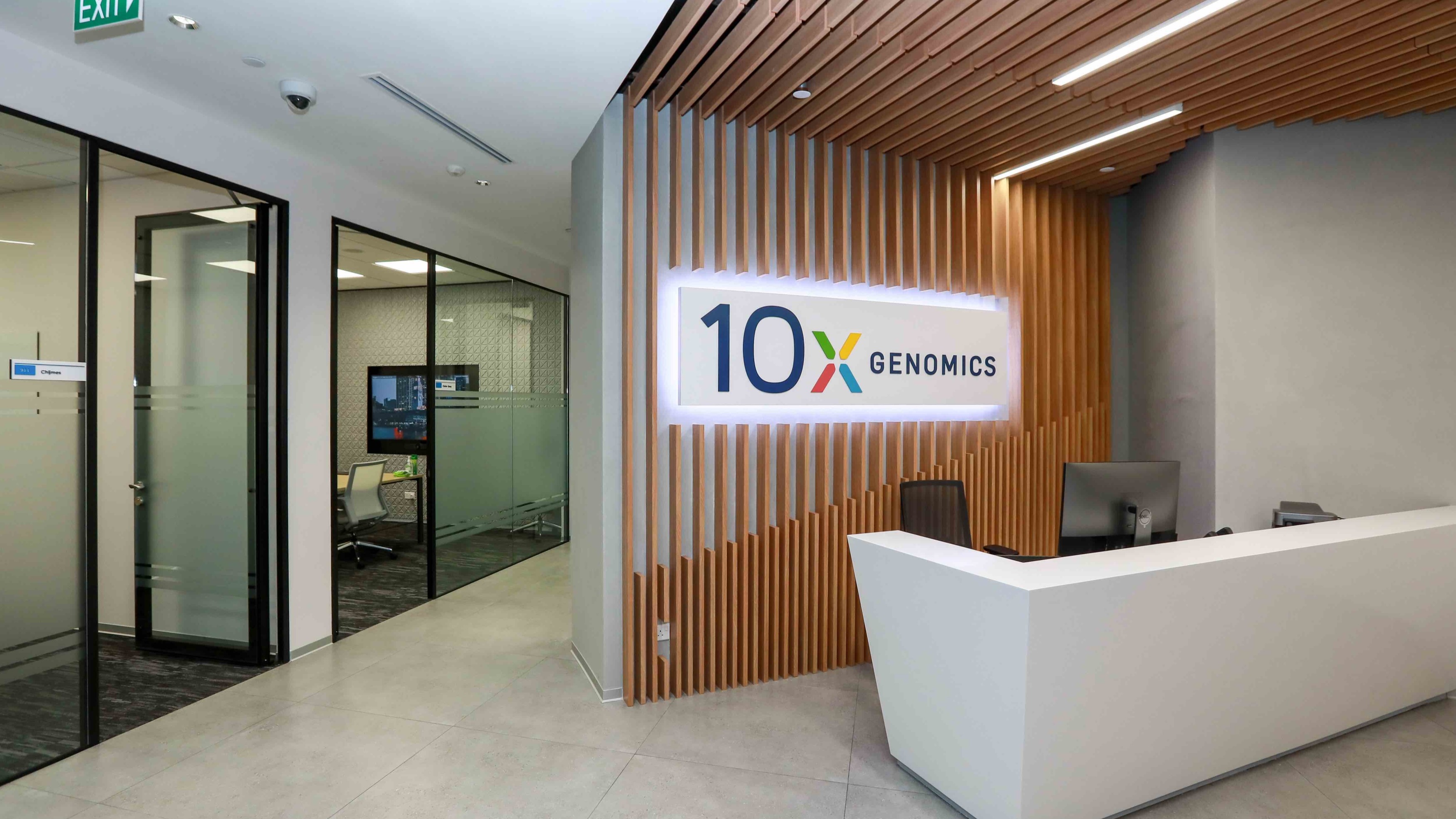With so many new surgical possibilities, the field of orthopaedics in particular is rapidly evolving, and in recent years the number of units using Patient Specific Implants (PSI) has soared. These custom made structures are exact replicas of a patient’s joint or bone, generated using patients’ CT data, designed to replace their damaged area. Far more accurate than any generic off-the-shelf (OTS) implant, this technology is fast becoming a regular choice in many hospitals.
The Benefits
Patient Specific Implants offer a host of benefits – not least, a quicker surgery and a faster recovery. As they are custom made to a patient’s anatomy they provide a far better fit, and with this comes increased patient comfort, both in the short and long term.
It also means significantly shorter surgeries, as there is no need for the reconstruction of surrounding bone that comes with generic OTS implants, and therefore a lower chance of surgical or post-op complications. These surgeries are minimally invasive, preserving surrounding tissue, and leaving much smaller incision scars.
The Challenges
With that said, no innovation arrives without challenges. There is very little room for human error in surgery; as there is only one copy made, there is one chance to get it right. More importantly, PSIs are patient specific and more complex in shape, so not readily available like OTS implants, and take between 4 to 6 weeks to manufacture. This is in part due to the extensive CT scanning, but largely to the conversion of this data into manufacturing inputs and the production line itself, needing overhead monitoring, production workers and manual CAD machine operators.
The implants themselves are also very expensive, and adding on to that, hospital’s CT scanners must be FDA regulated and re-evaluated regularly, and staff must be trained how to fit the devices and how to scan for them. The niche expertise required to bring PSIs to market is also at a premium, which has meant a bidding war for talent between companies looking to steal a march on their competition.
Are Patient Specific Implants Worth Investing In?
Despite their hefty price tag, PSIs are, overall, hugely cost effective. Alongside the reduced risk of patient infection, shorter hospitalisation means fewer expenses. Smaller inventories for hospitals means lower maintenance costs for instruments and implants, and as no second surgery is required for bone harvesting and grafting, further expenses are avoided.
The positives of PSIs are irrefutable, and as a result more and more hospitals are choosing to offer them. Their overall savings cancel out the initial costs, and likewise the longer manufacturing process is made worthwhile by so many key benefits. At the current rapid rate of technological advancement, it’s possible that automation could take on a large part of the process in upcoming years; therefore manufacturing would be made quicker and simpler.
As PSIs have the ability to align with patient’s kinematic axis so accurately – which remains impossible with conventional implants - they are guaranteed a longer survival, and overall patients notice a significantly improved quality of life. PSIs have already made a huge impact, and it’s unsurprising that they are becoming more and more popular.
Sourcing The Talent For PSI Success
It’s clear that PSIs are the future of orthopaedics, and that the costs are more than justified by the benefits of adopting the process. What is even more clear, however, is the growing need for candidates in this field who understand PSIs and the associated technology, and can therefore help bring them to market effectively. More than ever, companies need staff that are engaged with the field’s latest developments and can cope with changing market circumstances. While traditional recruitment methods such as job advertising are likely to fall short in finding appropriate talent, targeted recruitment campaigns which use headhunting to reach the talent market in its entirety will enable direct persuasive approaches to the best candidates. This requires recruitment expertise, ideally from specialists within the orthopaedics market with years of experience of placing successful candidates, and an extensive database to access.
CSG have a proven track record in this field. For one Swedish client of ours, which adopted PSIs for cases of osteoarthritis, CSG have placed 10 roles within 1 year working as their sole recruiter, these roles ranging from sales representative to sales director, by working closely with the CEO to create the necessary hiring strategy to attract individuals with both the expertise and culture fit to make an instant impact. CSG specialises in finding expert talent in a vast variety of sectors, and in filling difficult mid to senior level roles. If you would like to benefit from CSG’s services, contact us at clients@csgtalent.com.
References





